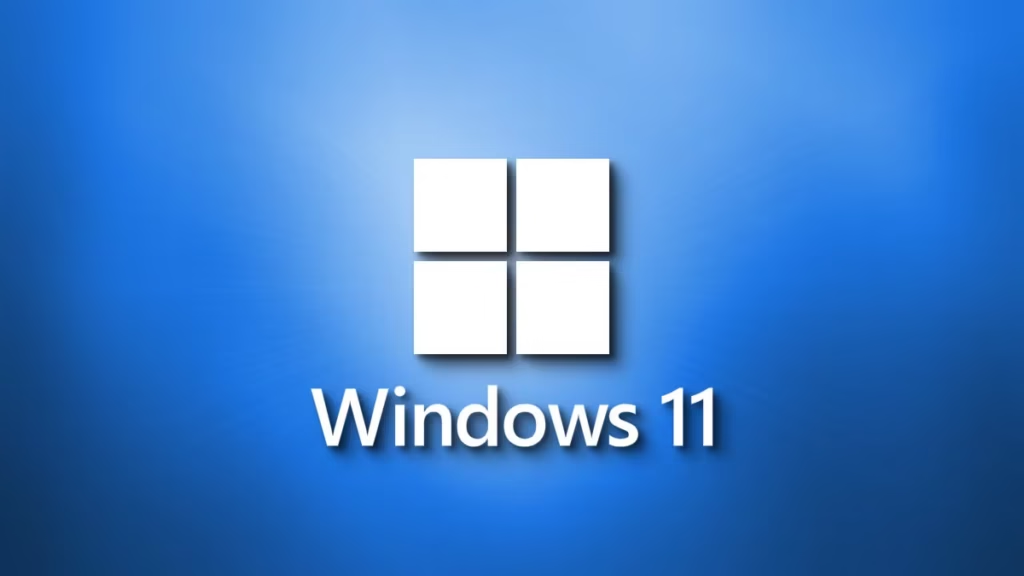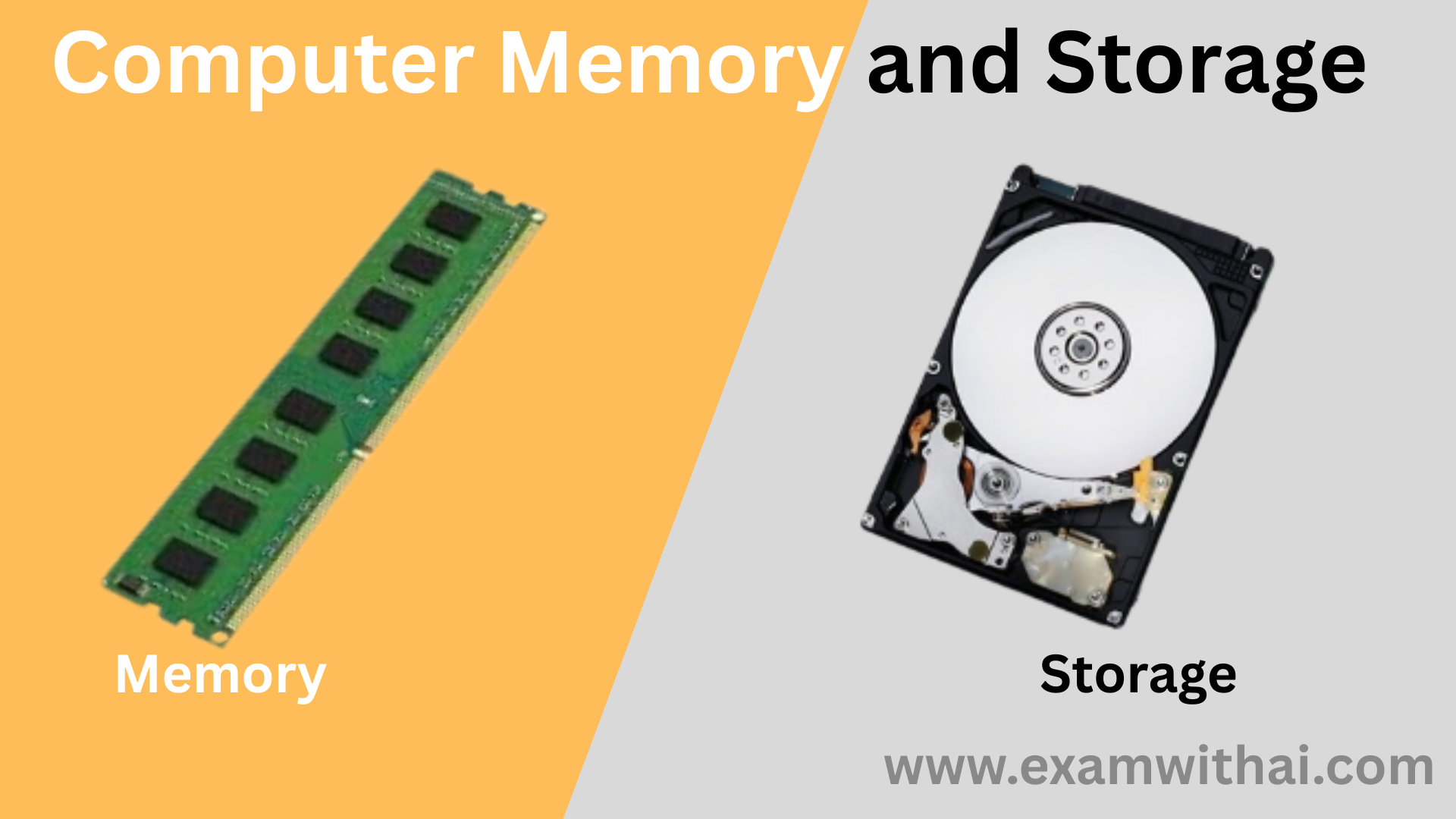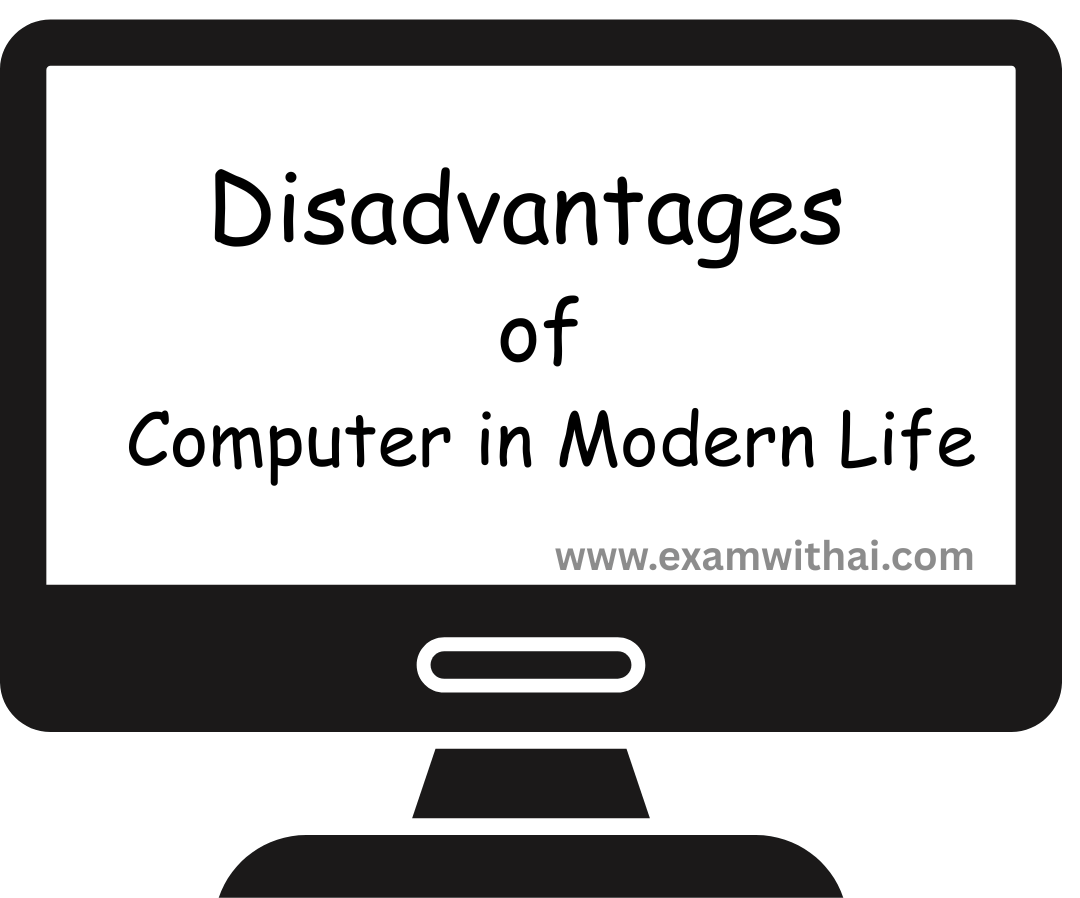How to Find the Best OS: Desktop/ Laptop/Mobile/Tablet
Choosing the optimal operating system (OS) for your desktop or laptop is crucial, as it influences performance, security, software compatibility, and overall user experience.
Windows 11
Best For: General users, gamers, professionals

Overview: Microsoft’s most recent operating system, Windows 11, offers a contemporary interface along with improved security and performance capabilities. It is adaptable for a variety of activities because it supports a large range of hardware and applications.
Key Features:
- Snap Layouts: Organize windows efficiently.
- DirectStorage: Faster game load times.
- Windows Copilot: AI-powered assistant for tasks.
- Enhanced security: TPM 2.0, Secure Boot, and Smart App Control.
Ideal For: Individuals looking for a dependable, multipurpose operating system with robust gaming features.
macOS (Sonoma)
Best For: Creative professionals, Apple ecosystem users
Overview: Apple’s most recent release, macOS Sonoma, is renowned for its svelte appearance and easy interaction with other Apple products. It provides a seamless user experience and is performance and security-optimized.
Key Features:
- Stage Manager: Organize windows for multitasking.
- Enhanced privacy features: enhanced data security and app permissions.
- Native support for Apple Silicon: enhanced functionality on the M1 and M2 processors.
Ideal For: Users invested in the Apple ecosystem or those in creative fields.
Ubuntu (Linux)
Best For: Developers, privacy-conscious users, open-source enthusiasts
Overview: Ubuntu is a well-liked Linux distribution that has a large community and is easy to use. Because it is extremely configurable and open-source, it may be used for a variety of purposes.
Key Features:
- Snap Store: Access to a wide range of applications.
- Long-term support (LTS): Five years of security updates.
- Customizability: Choose from multiple desktop environments.
Ideal for developers, tech enthusiasts, and users seeking a customizable and secure OS.
Chrome OS
Best For: Students, casual users, cloud-based workflows
Overview: Google created Chrome OS, a thin operating system geared mostly on web-based applications. It is perfect for light computing and educational uses since it is quick, safe, and simple to use.
Key Features:
- Chrome browser: Fast and secure web browsing.
- Android app support: availability of a large number of apps.
- Cloud integration: smooth integration with Google services.
Ideal for users who primarily use web applications and need a simple, secure OS.
Qubes OS
Best For: Security-focused users, privacy advocates
Overview: Qubes OS is a security-focused operating system that separates various processes and apps via virtualization. It is intended for those that value privacy and security.
Key Features:
- Virtualization-based isolation: Each application runs in its own virtual machine.
- Security-focused design: Minimizes attack surface.
- Open-source: Transparency and community-driven development.
Ideal for users with high-security needs, such as journalists, researchers, and privacy-conscious individuals.
Also Read:
About Internet
What is OS
Elementary OS
Best For: Users seeking a macOS-like experience on Linux
Overview: A Linux distribution called Elementary OS prioritizes beauty and simplicity. It is a fantastic option for anyone switching from macOS because of its clear and simple user interface.
Key Features:
- Pantheon desktop environment: Sleek and user-friendly.
- AppCenter: Curated selection of applications.
- Privacy-focused: Minimal data collection.
Ideal For: Users who want a polished, macOS-like experience on Linux.




